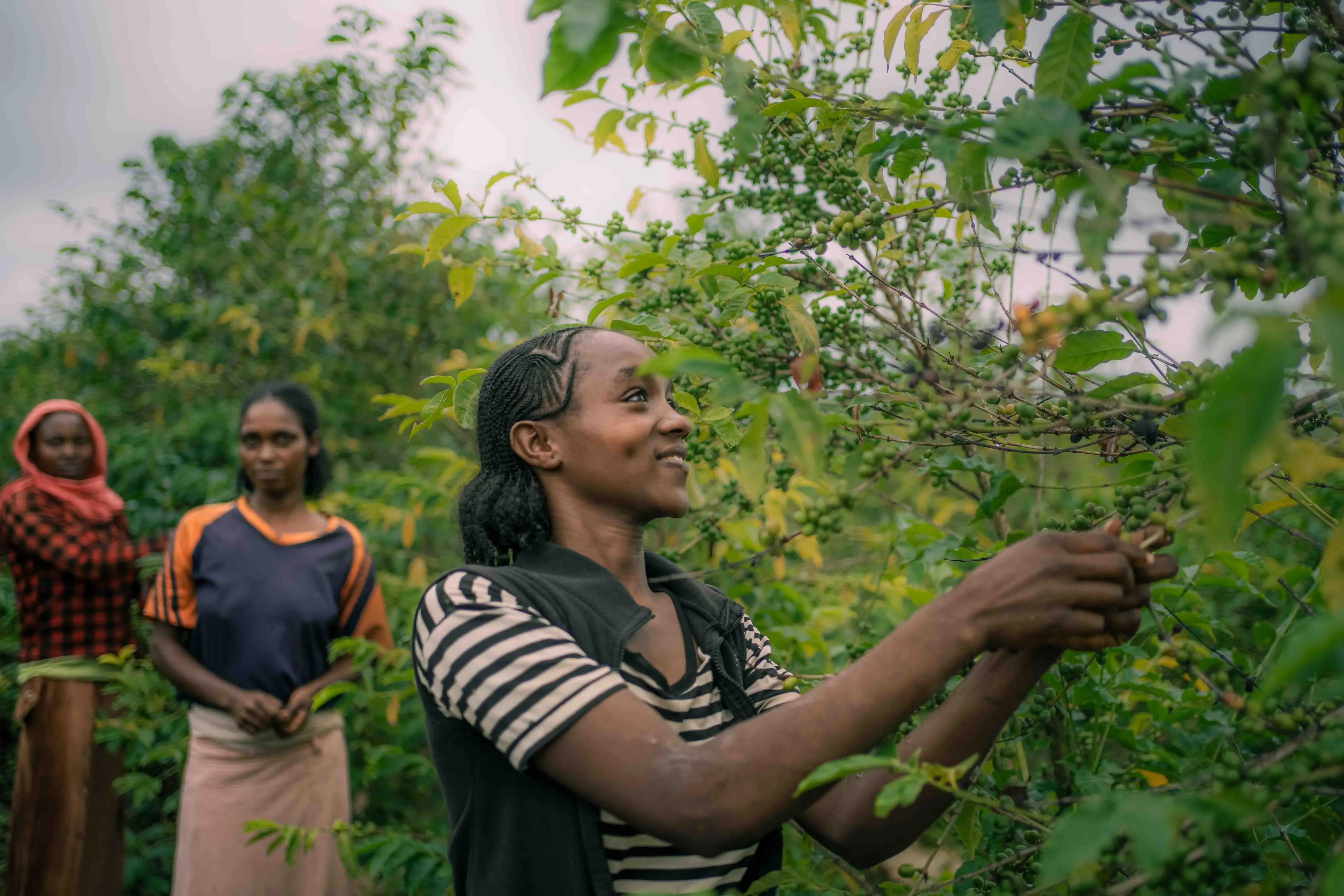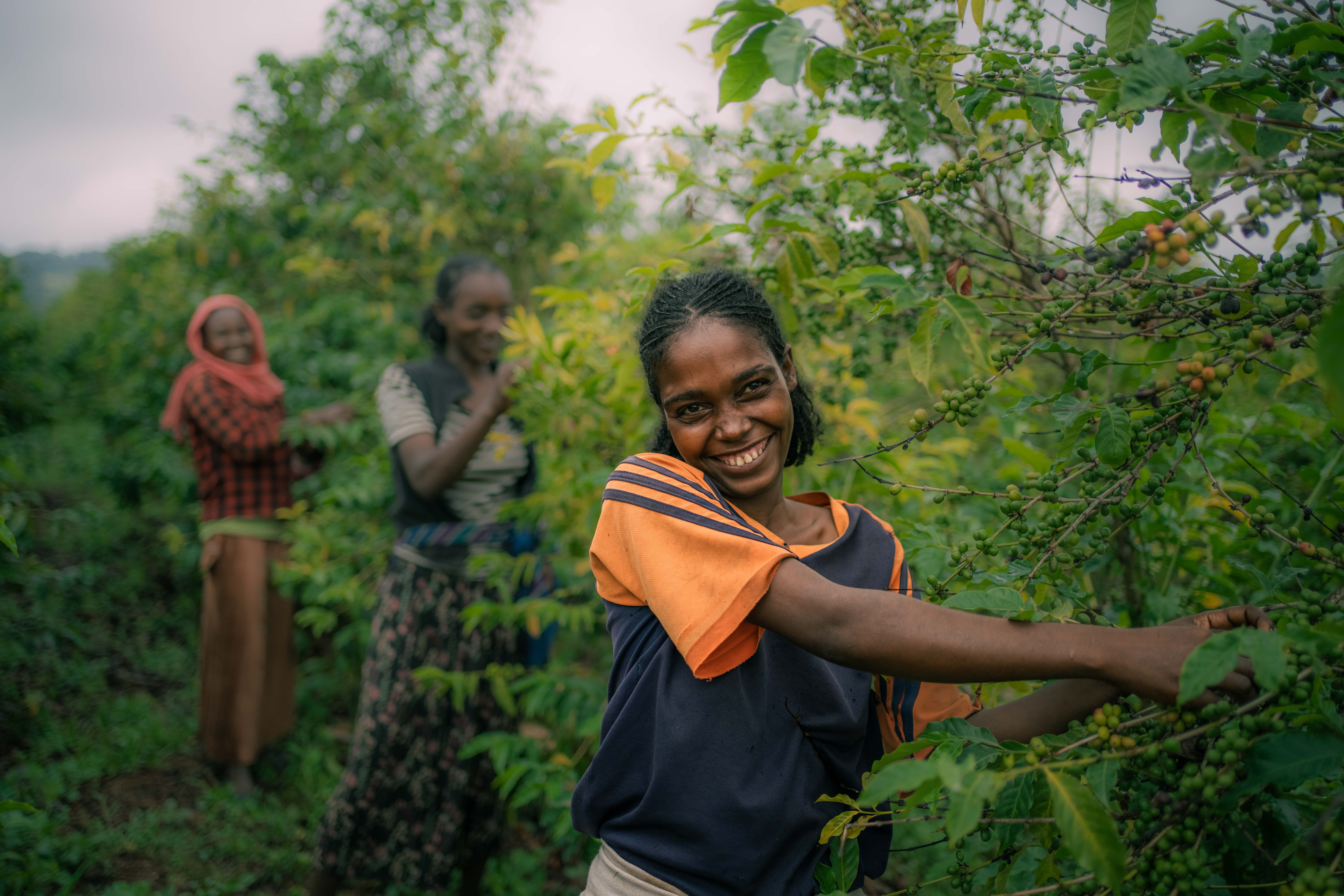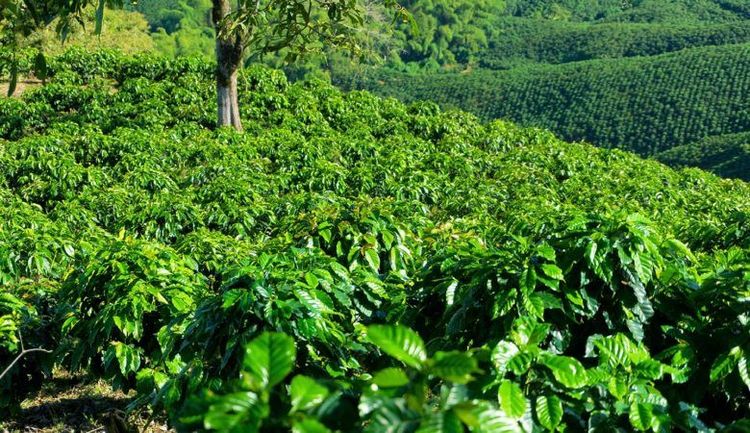
Coffee Process
Media

CEO NOTES
The spread of organised coffee cultivation in Ethiopia - as related by lsrael Degefa.
Coffee spread to the highland areas of Sidamo where the trees are newer. In my home area, the trees can be 65-85 years old. Trees this mature no longer produce good, flavoursome coffee but farmers have been resistant to replanting due to the perceived interruption in their income. On a side note, in response to this issue Kerchanshe now runs a range of ...
Ethiopia, recognized as the birthplace of coffee, is celebrated for producing some of the world’s most beloved coffee varieties. With 95% of its beans grown organically, free from pesticides or fertilizers, Ethiopia’s coffee commands a premium in the international market, often sold at three times the average export price. Despite the high quality and global demand, Ethiopia's coffee industry lags behind other major producers like Brazil, Colombia, Indonesia, and Vietnam. Challenges such as climate change, limited access to high-quality seeds, and a lack of scientific cultivation methods among smallholder farmers contribute to low productivity. This has led to the expansion of coffee plantations into forests, degrading land and increasing carbon emissions. These rapidly depleting forests are vital. They serve as a genetic bank for Arabica varieties, protect biodiverse habitats, and support the livelihoods of countless smallholder farmers who harvest the wild, exceptional coffees that thrive there. Protecting these tropical forests and the biodiversity within them is crucial, not just for Ethiopia but for the global coffee community. It’s a responsibility we all share to ensure future generations can enjoy high-quality coffee.
There is hope for preserving these biodiversity-rich tropical forests and, by extension, the future of high-quality coffee. Ethiopia is unique in that its smallholders' coffee production methods inherently protect these forests and the biodiversity they contain. However, the responsibility for conservation doesn’t rest solely with farmers. Cooperatives are raising awareness among their members about the importance of protecting woodlands. Governments at all levels—local, regional, and national—are promoting more responsible forest use as part of broader environmental sustainability efforts. One example is the Ethiopian government’s Participatory Forest Management (PFM) policy. Kerchanshe Trading, a major Ethiopian coffee producer and exporter, understands the critical need to conserve the future of coffee. Through its numerous initiatives, the company is committed to sustainable organic coffee production and has invested significantly in community and environmental development projects.
Related Blogs
Nov 21, 2025

Jan 29, 2026

November 21, 2025

